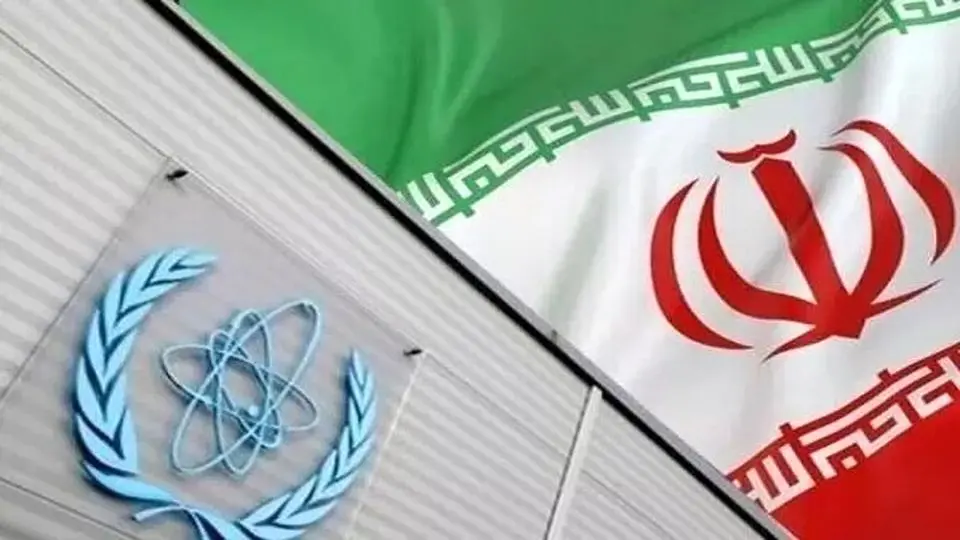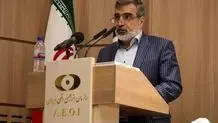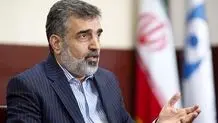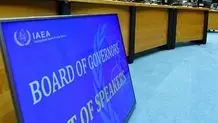AEOI spokesman reacts to new IAEA report on Iran
The spokesman for the Atomic Energy Organization of Iran (AEOI) said Thur. that Iran is not expected to abide by beyond-safeguards IAEA monitoring while other parties continue to violate commitments and sanctions are in place.

MEHR: The spokesman for the Atomic Energy Organization of Iran (AEOI) said Thur. that Iran is not expected to abide by beyond-safeguards IAEA monitoring while other parties continue to violate commitments and sanctions are in place.
"The re-establishment of the previous verifying system requires the fulfillment of the JCPOA commitments by the parties," Behrouz Kamalvandi said on Thursday in reaction to a new International Atomic Energy Agency (IAEA) which claimed Iran has increased its stockpiles of 60% enriched uranium.
The AEOI spokesman described the content of the recent quarterly report of the IAEA Director General Rafael Grossi as a repetition of previous baseless statements which are politically motivated.
He added that "Like the previous reports, the ambassador and permanent representative of our country will present Iran's legal and reasonable answers to the recent report of the Director General in the next week's meeting of the Board of Governors."
Kamalvandi further noted that certain international media deliberately misreport the director general's quarterly reports in a unnecessarily detailed and obscure way and use these ambiguities to set an anti-Iran stage to call into question the peaceful nature of the Iranian nuclear program.
He further said that "The re-establishment of the previous verification system requires the JCPOA parties to comply with their obligations and they should not expect Iran to be open to extra-safeguard inspections when they do not comply with their obligations and while their oppressive sanctions against the Iranian nation continue."
In the new report, the IAEA Director General reiterated the claims about "remaining issues", and announced that Iran's stockpile of enriched uranium is currently more than 19 times the limit set in the 2015 nuclear agreement.




